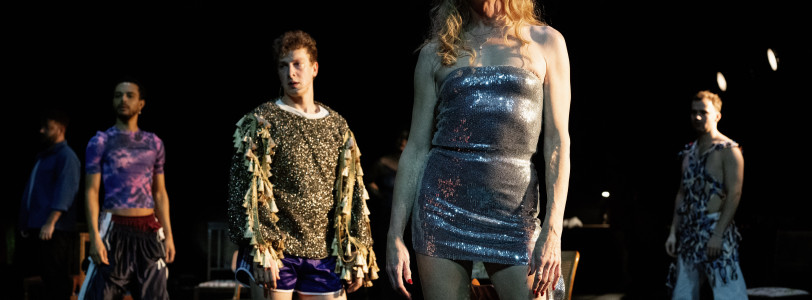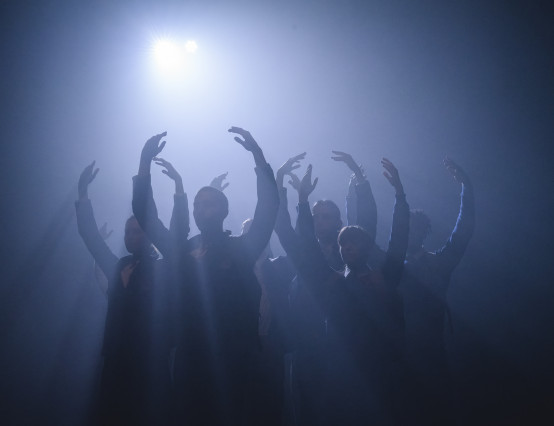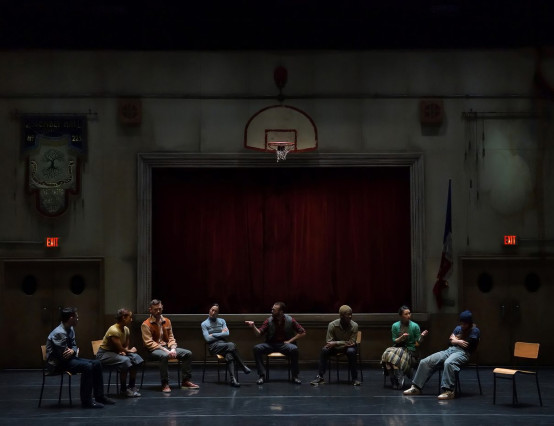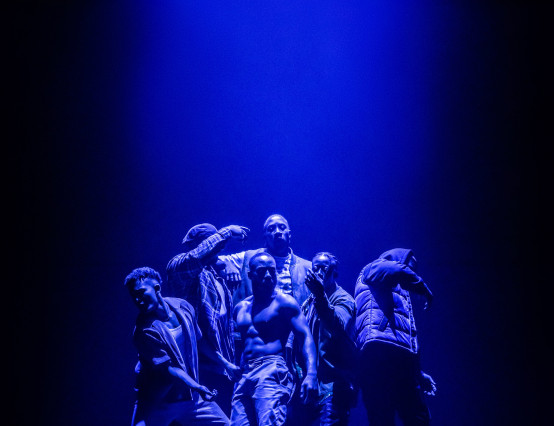The story brings historical and political context into an enchanting fictional world. It uses imagination to comment on current political structures by emphasising that the faggots existed before ‘the men’ as well as the cruelty and ridiculousness of the patriarchy. A highlight of such skilful mockery is when there is an entire song dedicated to how ‘the men’ love papers. The parallels drawn are clear but not explicit and the humour peppered throughout ridicules with simplicity and grace. The story reveals a more personal connection when there is an abrupt breaking of the fourth wall and audience participation invites us to feel their sense of community and reflect on the meaning behind the story.
How this story is told is just as important as it uses a pastiche of music composition to add dramatic and to wonderous effect. From magical chimes, choral crescendo, orchestral triumph and operatic prowess, the layering of tones, melodies and transitions in between takes us through the journey of the story fluidly and fantastically. Philip Venables composition puts the audience auditive experience right at the heart of this tale.
The ensemble has great chemistry through a quiet unspoken bond of solidarity. Talent oozes through the versatility of music and performance. The charismatic principle storyteller Kit Green holds the audience in the palm of their hand. Yandass also particularly stands out with their captivating movement and narration.
Bertrand Couderc’s lighting colours the stage by each tone of the piece and transforms the stage stylishly. The almost unnoticeable costume changes bring little pops of colour and texture throughout and are a credit to Theo Clinkard's bold yet subtle design.
The piece defies expectations of what queer performances are like as well as breaking the mould in the performative arts industry. The piece takes you through a variety of emotions and feelings but nothing quite hits you like the haunting end.








0 Comments